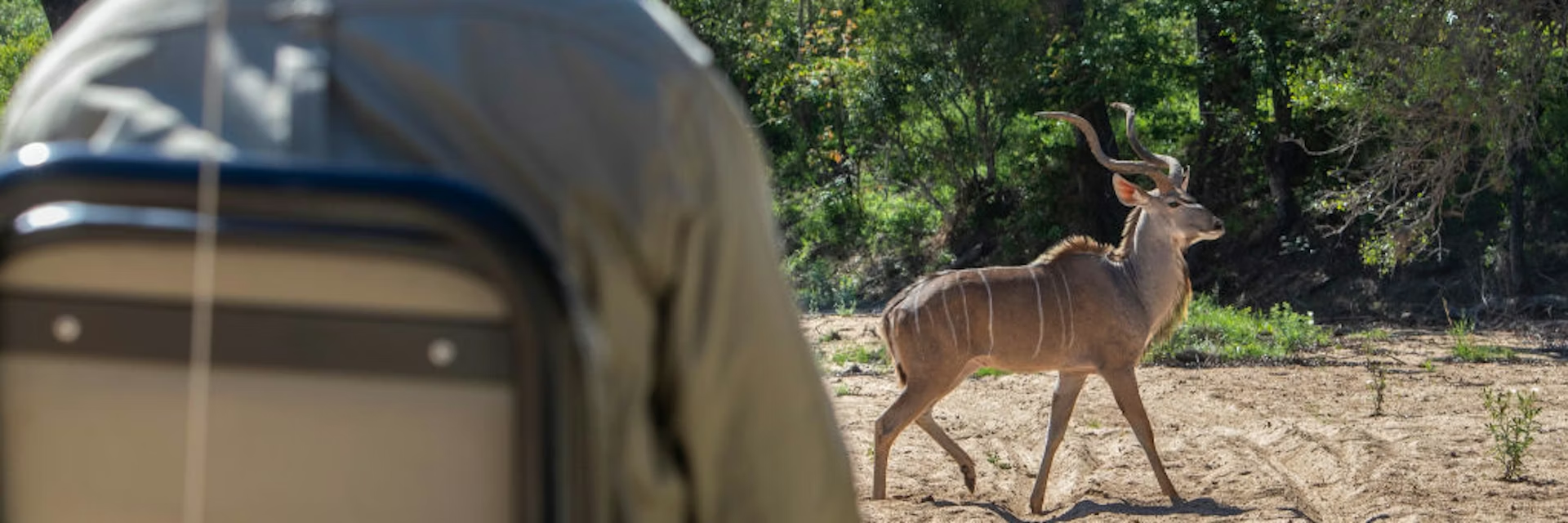For years, South African boxing has been hanging by a thread, overshadowed by the roar of football stadiums and the thunderous cheers of rugby fans. But is the sport finally gearing up for a big comeback?
The Department of Sport, Arts and Culture, together with Boxing South Africa (BSA), seems to think so. They hosted the 2025 National Boxing Convention at the ICC in East London from 20 to 21 February, a gathering of promoters, boxers, and legends of the ring, all coming together to figure out how to put boxing back in the spotlight.
Once a knockout sport, now barely makes weight
Boxing wasn’t just a sport in South Africa it was a movement. Even Nelson Mandela laced up his gloves in his youth, admiring the discipline and endurance it required. “Boxing is egalitarian. In the ring, rank, age, colour, and wealth are irrelevant,” he once said.
Mzansi has produced some serious legends over the years, Baby Jake Matlala, Dingaan Thobela, Vuyani Bungu, and more recently, Thabiso Mchunu. These champions made waves on the international stage.
No one understands the highs and lows of the sport better than veteran boxer-turned-trainer Luvuyo Tyamzashe. His career kicked off in 1974, and by 1980, he was a pro. With 14 fights and only two losses, he was on the rise until a life-changing injury in 1985 forced him out.
But did he throw in the towel? Not a chance. Now wheelchair-bound, he’s training the next generation of champions, including Enathi Stelle, Lulama Tamashe, Zandile Dyonase, and Bongani Fule—fighters who’ve already made their mark in Eastern Cape’s provincial boxing scene. On 28 March, Fule will step into the ring at the legendary Orient Theatre to defend his title.
Reflecting on his time in the ring, Tyamzashe said: “Back in the day, we weren’t fighting for money. I remember my first fight I was paid just R13. But we fought for the love of the sport. The crowd couldn’t even stay seated, they were so excited”.
So, what changed? According to him, today’s boxers are too focused on quick knockouts. “The fights don’t even last long anymore,” he said. “They just want to knock each other out.”
Why is SA boxing on the ropes?
Speaking to explain, BSA Spokesperson Luthando Zibeko said: “Boxing is on its knees.” And the reasons are clear.
In the 90s, South Africa had eight recognised world champions. Boxing was a staple on TV, with packed venues and corporate sponsorships. Then, slowly but surely, it all started slipping away.
When boxing disappeared from local television, it lost its biggest advantage: visibility. No TV meant no sponsors, no exposure, and fewer opportunities for young fighters to rise through the ranks.
Another major challenge? Inclusivity. Sports Minister Gayton McKenzie has stressed the need to make boxing accessible for women and disabled athletes. Right now, the sport is still largely male-dominated, and without a proper development system, future stars are slipping through the cracks.
Game changer or just more talk?
Zibeko outlines several solutions that could help revive the sport. These include:
🔹Addressing issues related to the commercialisation of boxing,
🔹Modernising the sport, and
🔹Promoting the inclusion of boxing in schools.
Plus, there’s the convention itself, which is putting everything on the table.
But will it lead to real change?
Boxing promoter Ntsikelelo Manyisane isn’t convinced just yet. “Based on the minister’s promises, it looks like some things will be taken care of. But we all know that actions speak louder than words,” he said. He points out that the last big convention, the 2013 Boxing Indaba, led to very little action.
Zibeko, however, is optimistic. He believes the appointment of a new boxing board is a step in the right direction and is hopeful that this administration will follow through with implementing solutions. Time will tell. For now, the next generation of Baby Jake Matlalas and Thabiso Mchunus are waiting for the right investment and opportunities to make SA Boxing great again.
Lona is a recent graduate with an Honours degree in Journalism and Media Studies from Wits University. Passionate about storytelling, she is eager to learn, grow, and hone her writing skills.
- Lona Sokanyile




